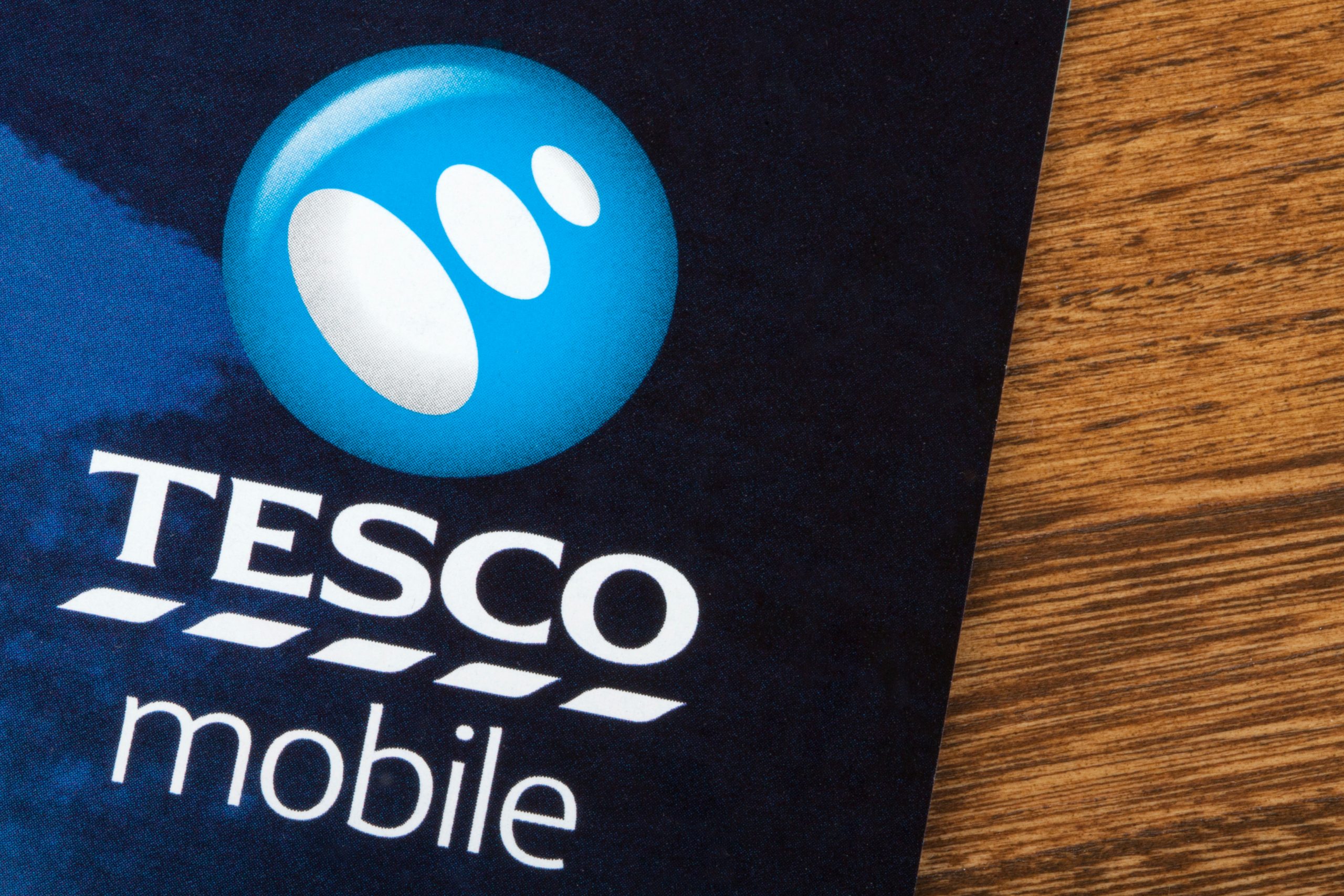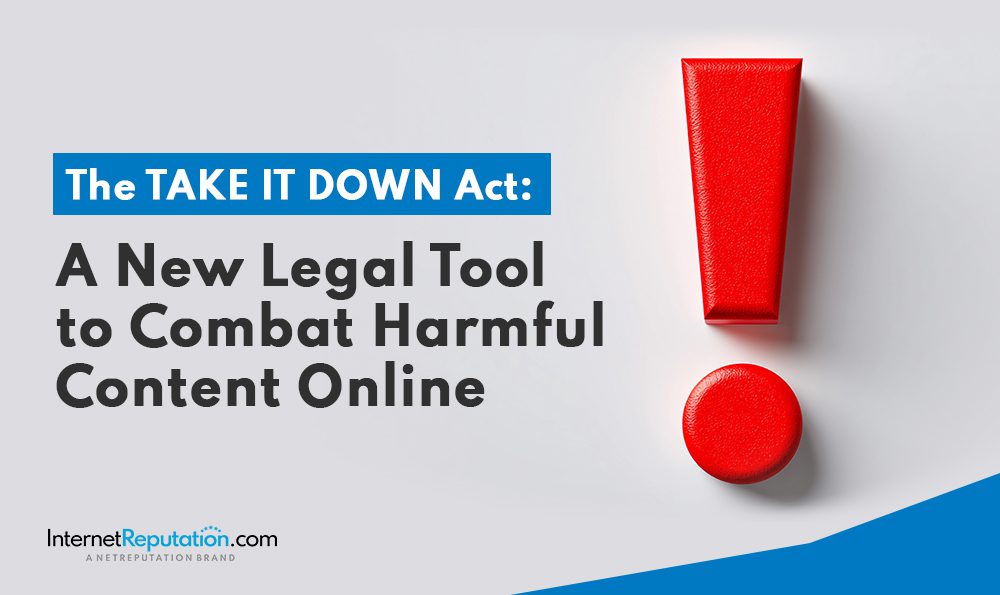Digital Marketing Lessons from Tesco Mobile: Can You Afford to Get Flip?

What digital marketing lessons can we learn from the Tesco Mobile Twitter Feed?
Let me start by saying that I adore Twitter. By following a few choice companies, I can keep track of the latest developments in industries that matter to me and even reach out to authors of articles that I admire. For me, it’s the social media site of choice, and as a result, I’m always interested in companies that take Twitter in a new and exciting direction.
It’s unsurprising that I’d be a fan of @TescoMobile, as this is one of the most interesting Twitter accounts available. It might be the most interesting and innovative corporate account I’ve ever seen. But, it might also be hazardous.
Digital Marketing Lessons: What We Can Learn from @TescoMobile
It’s A New Kind of Convo
The company first came to my attention at the end of October, when an article in Business Insider suggested that it was “conquering trolls” through its use of snarky, flippant, and borderline inappropriate responses to messages that mentioned the company. When a user suggested that the company or its products weren’t quite up to par, Tesco Mobile would respond with an insult. And the Internet went wild.
Adweek published a gushing article about the strategy in October, and here, the advertising agency responsible for the tone of the tweets came forward to describe the approach. In essence, these marketing professionals felt that the company had to go on the offensive to prove their brand wasn’t worth making fun of. They called it “… true brand advocacy.”
It’s Not for Everyone
I can see your wheels turning. After all, you likely have at least one person on the Internet who has somehow disrespected either you or your company, and it might seem appealing to put those haters in their place with a few well-placed insults. It might also seem like a good idea if you’ve read articles that suggest that businesses should expect to get personal with their clients if they’d like to succeed. Getting personal might seem a lot like getting informal, and if informality allows for hectoring, it might seem like an ideal way for you to kill two birds with one stone.
On the one hand, I see the appeal in producing a personalized and interesting corporate voice. It humanizes a corporate entity, and sometimes, it wins fans in the process. I also know that surveys suggest that the average person is much less polite while on social media, especially when compared to a person’s real-time interactions with other living, breathing creatures. If rudeness is expected on social media, shouldn’t everyone be allowed to cut loose?
Before you start changing your tone and spouting off, though, I think there are important words of caution to share.
Firstly, the Tesco tone might work because the company uses a specific voice with a particular group of people that might respond positively to the directional shift. Consider this: An English survey suggests that teens are turning to Twitter as their social media site of choice and leaving Facebook behind. By utilizing Twitter, Tesco might talk directly to the group most likely to be the company’s customers. In addition, as anyone who has interacted with teens lately knows all too well, insults are part and parcel of their communication style. Friends love to “burn” one another, so this technique will likely appeal to teens.
If your company, on the other hand, doesn’t work with teens, it might not work for you. Similarly, if your customers aren’t accustomed to insulting people they like, they might not see a jab as a joke and might respond with fire.
It’s also far too easy to find examples of flippant tones that have gone wrong for major companies. In fact, in a quick Google search for the term “company insults customers,” I found four great examples of snark bombs, including this one this one, and this one. Admittedly, many of these examples have nothing to do with Twitter. Still, I think they demonstrate how quickly consumers will turn on a company when they feel a humorous approach is wrong. It’s just dangerous.
New Ideas
At the moment, snarkiness is getting a lot of media attention from marketing professionals, and it seems to be the darling of blog posts written all across the country. We marketing people love stories of companies that do things a little differently, as they inspire us and allow us to think of our work slightly differently. To us, they’re interesting, and we write about them.
But if you’re at the helm of a company or a private individual trying to maintain a great reputation, it’s best to take inspiration from companies and techniques that employ class, not crass.
As digital marketing lessons go, I suggest following the Dallas Zoo on Twitter and Facebook. Last month, the organization struggled with a horrific lion-on-lion attack that took place in front of a group of spectators and resulted in the death of one animal. This kind of thing almost always results in outrage and nervousness, and the company had to scramble to clean up the damage. But, each time executives were attacked with ire via social media, they responded with politeness, indignation, and real emotion. In short, they seemed honest and trustworthy and didn’t have to stoop to theatrics.
Doesn’t that seem like a safer choice?
InternetReputation.com is always here to help you should a comment you make or a piece you publish take on a horrific life of its own and threaten to ruin your reputation. But we also hope you’ll take these digital marketing lessons seriously and be wise while being social. It’s a rough world out there!



